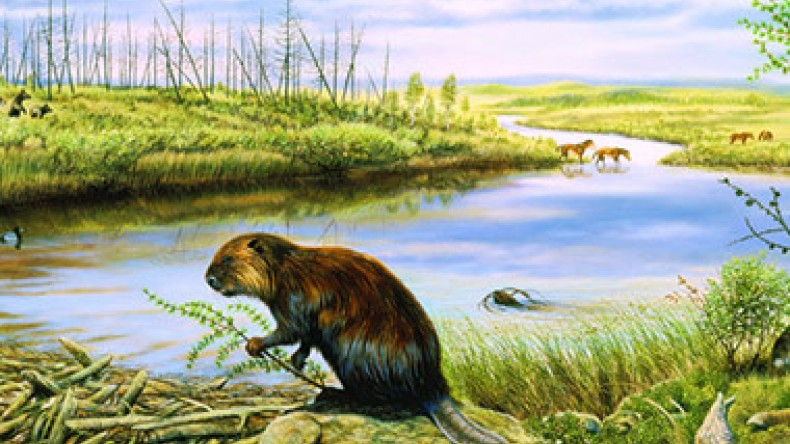
Ancient climate records 'back predictions'
Records of carbon dioxide in the atmosphere millions of years ago support current predictions on climate change, say scientists.
According to the BBC, evidence from the last warm period in the Earth's ancient past suggests the climate will respond as expected to rising CO2 levels.
The research, published in Nature, is in line with future predictions from the IPCC, says the UK-led team.
The evidence came from ancient plankton fossils drilled from the ocean floor.
These creatures' shells contain clues as to how the global climate cycled from cool to warm many times some 2.3 to 3.3 million years ago, across what researchers refer to as the Pliocene and Pleistocene Epochs in Earth history.
Scientists from the UK and Australia used this ancient climate record to reconstruct the CO2 content of the planet's atmosphere, comparing it to a separate record of CO2 acquired from bubbles of ancient atmosphere trapped in ice drilled from the poles.
"We have shown that the change in Earth's temperature for a given change in CO2, once the effect of the growth and retreat of the highly reflective continental ice sheets was taken into account, was not only identical during both the cold Pleistocene and warm Pliocene periods, but was also similar to the understanding recently summarised by the Intergovernmental Panel on Climate Change (IPCC)," said co-researcher Dr Gavin Foster of the University of Southampton.
"This implies that as we approach a Pliocene-like future, the IPCC range of climate sensitivity is likely to be suitable for describing the degree of warming we should expect."
During the Pliocene, the Earth's temperature was often several degrees higher than in pre-industrial times, while atmospheric CO2 levels were around 350-450 parts per million (ppm), similar to the levels reached in the past few years (400 ppm).
By studying the relationship between CO2 levels and climate change during a warm period in the Earth's history, the scientists have been able to estimate how the climate will respond to increasing levels of CO2, a parameter known as climate sensitivity.
The findings suggest that climate sensitivity was similar in a warmer world to other times - allaying concerns that warming could produce positive feedbacks that would accelerate warming above that expected from modelling studies.
Prof Richard Pancost, from the University of Bristol Cabot Institute, said: "When we account for the influence of the ice sheets, we confirm that the Earth's climate changed with a similar sensitivity to overall (radiative) forcing during both warmer and colder climates."
Dr David Lea, of the University of California at Santa Barbara, added that the findings were "remarkable."
He said it was essential to "validate the new results and assess why earlier reconstructions and methodologies differ from this one".
Several challenges remained, he commented, including understanding how conditions in the Arctic can be reconciled with climate models.
Newsfeed
Videos






























